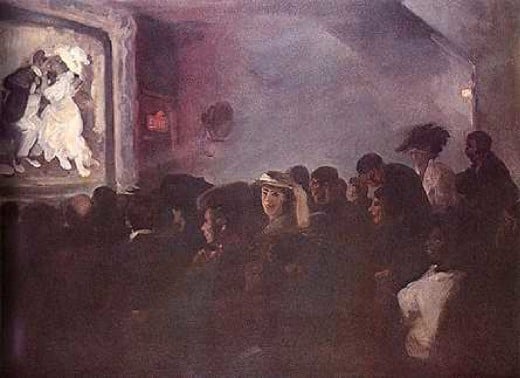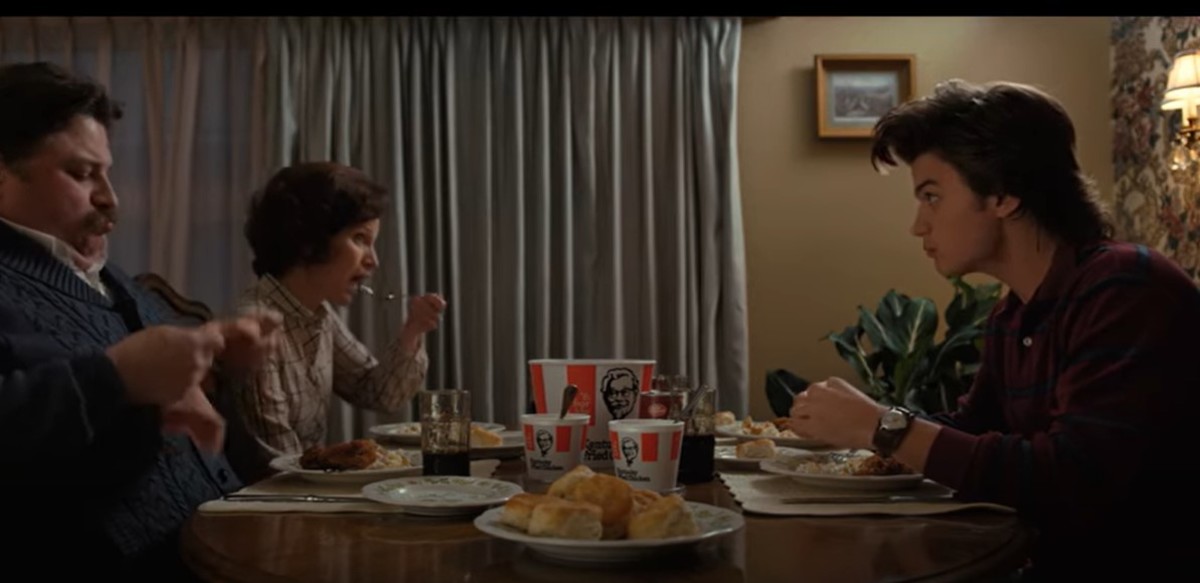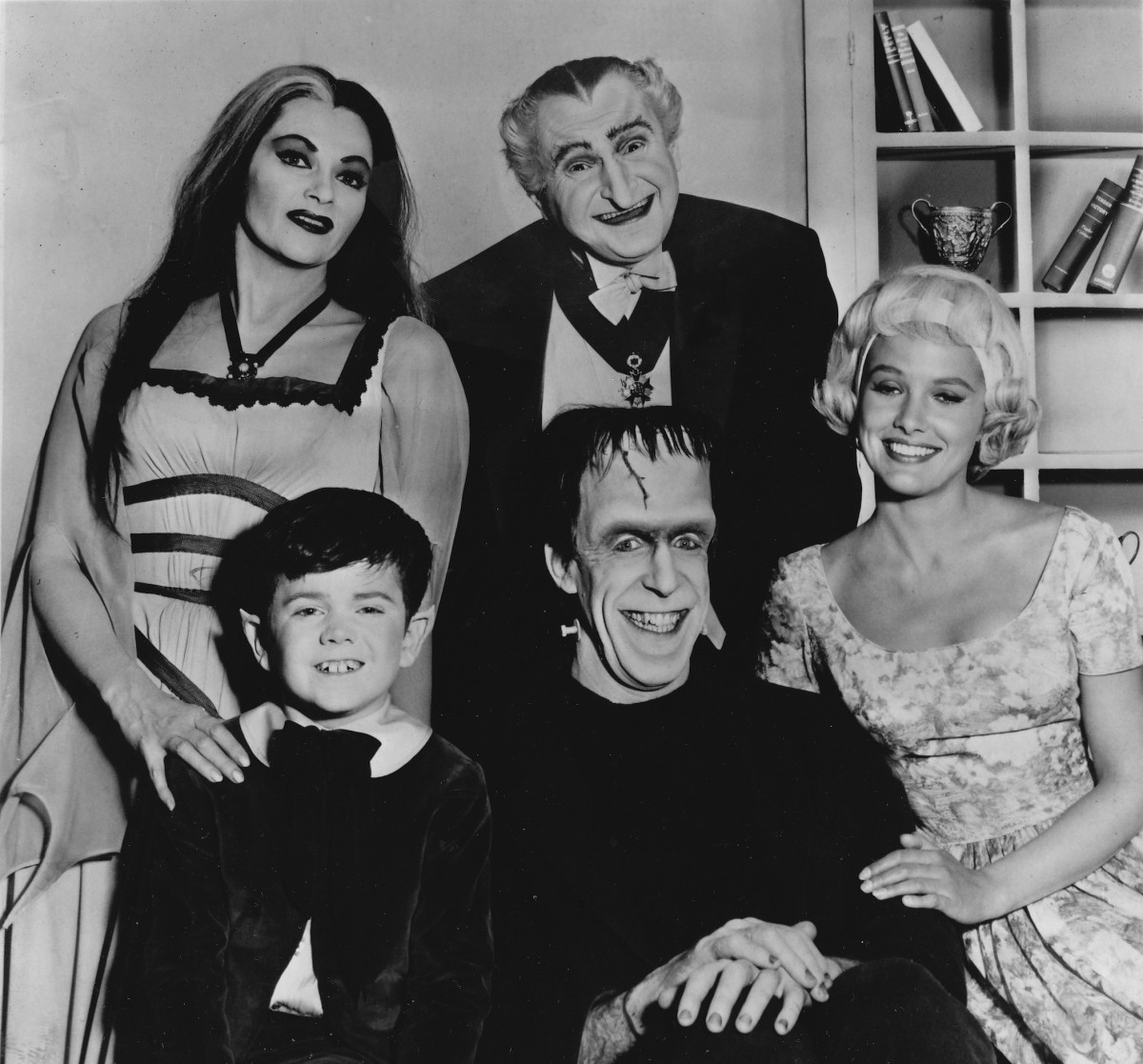Think Making Movies is An Impossible Dream? Helpful Tips for Beginning Filmmakers
As a writer of fiction novels, short stories, and non-fiction articles, in addition to being a storyteller, I am devoted to lifelong teaching and learning—especially when it comes to storytelling. The "teacher" side of me is always looking for opportunities to teach, spotlight, and/or to inspire other storytellers (including writers, filmmakers, and artists of all kinds!).
With the above-mentioned goal in mind, to create this article, in addition to researching and offering my own tips to beginning filmmakers, I also I tapped into the knowledge, achievements, and the inspirational journey of an accomplished beginning filmmaker.
Before reading my five tips, first, I'd like you to meet Schuyler Nickleberry, a successful young African American filmmaker with proven storytelling skills and talents. Schuyler is the granddaughter of one of my best friends, so I was privileged to be able to ask this award-winning beginning filmmaker to share with you, briefly (since she is always busy and on-the-go) some of the things she feels are most important for beginning filmmakers to know.

Meet Schuyler Nickleberry, Filmmaker
Schuyler Nickleberry is a 21 year-old filmmaker from Crowley, Texas, who is a recent graduate of Clark Atlanta University, in Atlanta, Georgia. While she was still in college, soon after directing her first short film, the young filmmaker won an all-expense-paid trip to Hollywood, California, where she accepted an award from the African American Film Critics Association’s (AAFCA). The young filmmaker won the organization's national 72-Hour Build-A-Film Challenge, for which she wrote, directed, and even starred in her own film. The name of her winning entry is Rebuild: A Short Film, and I've included a link to it, from youtube.com, at the end of this article.
“It’s an honor for my work to receive this kind of recognition,” Schuyler said, after learning she’d won the competition. “I am humbled and proud at the same time, and I’m still thanking God, my family, my teachers, the actors, and everyone who worked with me to create the short film. It was a lot of hard work, but I enjoyed every minute and every second of creating it.”
As a main prize, the winner was able to take advantage of opportunities for her short film to be seen by some of the film industry’s leading creative executives and film critics. The win also bestowed chances for her to network with top film and TV executives at the association’s 10th Annual AAFCA Awards (held on February 6, 2019, at the Taglyan Complex in Hollywood).
The AAFCA film competition was sponsored by The Home Depot’s Retool Your School Campus Improvement Grant Program. Since 2009, The Home Depot has invested more than $2 million dollars to update, upgrade, and uplift the campuses of historically black colleges and universities (HBCUs).

It is not surprising that Schuyler has a firm grip on what it takes to make an award-worthy film. After all, she's an alumnus of the Nate Parker Foundation’s Summer Film Institute, where she took part in training provided by award-winning actor, writer, director, and producer, Nate Parker.
Parker has played leading roles in 19 films, including The Secret Life of Bees, Red Tails, and Arbitrage, and he wrote, directed and starred in the film Birth of a Nation.
The Nate Parker Foundation’s Summer Film Institute, held at Wiley College in Marshall, Texas, brings together black students from historically black colleges and universities to receive instruction from film professionals and top scholars of black history.
“Studying film at the NPF Institute prepared me to write and to direct my first short film,” Schuyler said in a recent interview. "I learned a lot, and what I learned there continues to help me, and it challenges me to continue creating films I hope are inspirational for other would-be filmmakers.”

In 2018, Schuyler was elected to serve as “Miss Junior,” an official representative chosen to lead the junior class for the entire academic year. Her role has enabled her to implement programs focusing on mental and physical health, and to organize meaningful social events. As motivation to accomplish her academic, personal, and professional goals, Schuyler says she employs her personal platform that uses the acronym M.A.G.I.C. The letters, she says, stand for “making adjustments to grow, individually and collectively.
Are you someone who dreams of one day making movies?

Good Advice from a Busy Beginning Filmmaker ...
It is always best to get your advice and tips from professionals who are doing what you want to do. With this in mind, here are 5 great tips Schuyler is sharing with you that will help any beginning filmmaker who is determined to improve his/her skills.
1. "Write and read something every day."
2. "Research everyone in production (in front of and behind the cameras)."
3. "Enter as many local competitions/challenges as you can."
4. "Be fearless!"
5. "Never leave a room without making at least three new connections."

Additional Help for Beginning Filmmakers
In addition to the priceless advice you've already gotten from a successful beginning filmmaker, I conducted research (online), to provide additional suggestions and recommendations that can help any beginning filmmaker.
I found several sources pointing to the scarcity of opportunities for black film directors. At least one source said the scarcity is directly linked to the stories that are being told—because the race of the people in the story has a lot to do with the race of who is chosen to direct the film. Therefore, to have more African American filmmakers/directors, we need more African American storytellers. With this idea in mind, I developed this Hub with beginning African American filmmaking storytellers in mind, even though the tips offered here will benefit anyone who might want to pursue film making as more than just a hobby.
1. Always Seek Opportunities to Learn. As a beginning filmmaker, the first thing I recommend for other would-be black filmmakers is that you should develop a mindset that will allow you to learn, learn, learn—as much as you can, about all that is involved in making movies. Whether you are studying filmmaking in school or learning from proven professionals, you should take advantage of any and every opportunity you can get to learn. Keep in mind, you can never learn enough or too much, because, as a filmmaker, you need to know a lot about a lot of things.
2. Understand That Writing is Fundamental. To make films, you already know that you need to understand the fundamentals of the movie-making process. But, in addition to needing to have a firm grasp on such things as choosing locations, knowing how to operate a camera, being able to capture the best images/angles as you create a film or video, and scores of other technical processes you must understand, you also need to know how to write. As a filmmaker, in addition to knowing how to write a script/screenplay, and you also need to be a good communicator, in general, because you will need to be able to communicate your ideas to others using both spoken and written language.
"Although African Americans have millions of amazing stories to tell, black filmmakers, still, are rare. And that's a shame, because we are natural storytellers. Think about it. To keep our history and our family stories alive for hundreds of years, we had to be. Our ancestors weren't allowed to learn how to read and write."
3. Be Sure You Have a Firm Grasp on Storytelling. Making movies is all about storytelling, therefore, even as a beginning filmmaker, you need to understand the elements of story, and that includes characters, plot, conflict, narration/point-of-view, and so on. If you don't already understand these things, go online and do some research. Read, read, read, until you get it! The story and the characters will make or break your movie—so you need to give these things a great deal of attention. If the story/script doesn't work at first, don't be afraid to REWRITE IT UNTIL IT WORKS.
4. Invite Others to View Your Work. Don't be afraid to let other people see your films. It might be hard for you to listen to criticism of your work (without wanting to punch someone!), but if you're seriously serious about becoming a filmmaker, you're going to need to hear, from someone other than yourself, about what works and doesn't work. In fact, you should ask for honest feedback/criticism, and you should be sure to listen to what your critics tell you. Remember, you're only seeking opportunities to improve your film, and—with this mind, understand that you don't have to agree with the critics say. If you feel the story works best without making certain changes, then so be it. As the filmmaker, it will always be up to you to decide which changes to make (or not).
"Whether it's about the good, the bad, or the in-between, we need to be tellers of our own stories. We need to present the realities of our own lives, from our own points of view. But, in order to show our views of us, we must create our own films, and we must create our own filmmakers. Especially black women filmmakers. That way, we'll have more than just a few whose names we know, that we can count on one hand."
5. Be a Good Leader of Your Cast and Crew. Making a movie is not a solitary activity. You will have to work and play well with others, so it is important to understand that, as a filmmaker, you are a leader. If you don’t already have good leadership skills, then you will need to do whatever it takes for you to develop them. Your leadership abilities, including your communication skills, are what will help you manage people and projects effectively. Be sure to choose your cast (actors) and your work crew wisely, and at the end of the day, being able to encourage and inspire others is what will make the difference in whether or not you will achieve your filmmaking goals.
Also, as a leader, you must remember to be flexible—able to adapt to changing conditions, circumstances, and situations, because things will not always go according to plan. With good leadership skills, there’s a good chance you’ll be able to build the respect you'll need from your team, and that will enable you to enjoy your work as you learn from all the experiences, and all the challenges, changes, and opportunities to adapt and to overcome—all that, most likely, will be part of your filmmaking journey.

Final Thoughts
One last thing I'd like to tell you is that it will help, tremendously, for you to build a support network around you—family, friends, teachers—people who believe in you and want you to succeed in life. Having a network of positive energy and prayer surrounding you will remind you to enjoy your journey while you're working to become a filmmaker. Sure, you’re going to have ups and downs along the way, but if you think of your daily journey as your reward, you will never regret all the work, time, and tears it might take to create films/movies that will make you proud and that will entertain and inspire others.
Rebuild: A Short Film
References
[1] https://www.nyfa.edu/student-resources/the-beginners-guide-to-the-filmmaking-process/
[2] https://www.quora.com/How-do-I-begin-self-learning-filmmaking
[3] https://annenberg.usc.edu/news/research/hollywoods-hiring-freeze-female-black-and-asian-directors-rarely-worked-2017-films
[4] https://www.essence.com/entertainment/women-directors-hollywood-inclusion-problem/
[5] https://www.essence.com/celebrity/lena-waithe-yes-girl-interview/
© 2019 Sallie B Middlebrook PhD






